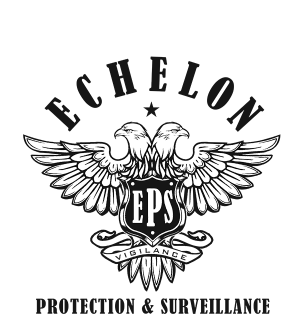 Recent years have witnessed a disturbing rise in antisemitic incidents, profoundly impacting Jewish communities worldwide. In the United States, Jewish institutions have experienced a significant increase in threats and attacks. According to the Anti-Defamation League, antisemitic incidents reached an all-time high in 2021, with a 61% increase in attacks against synagogues and Jewish community centers compared to 2020. This alarming trend necessitates a robust response to ensure the safety and security of Jewish communities.
Recent years have witnessed a disturbing rise in antisemitic incidents, profoundly impacting Jewish communities worldwide. In the United States, Jewish institutions have experienced a significant increase in threats and attacks. According to the Anti-Defamation League, antisemitic incidents reached an all-time high in 2021, with a 61% increase in attacks against synagogues and Jewish community centers compared to 2020. This alarming trend necessitates a robust response to ensure the safety and security of Jewish communities.
Security as a Necessity
The response from Jewish communities has been proactive and multifaceted, with a particular emphasis on enhancing security measures. Synagogues, schools, and community centers have increasingly turned to professional security guards as a critical line of defense. In Los Angeles, for example, Jewish high schools have employed security staff who not only ensure safety but also contribute to a caring environment for students. This approach reflects a broader trend where security is integrated into every aspect of synagogue life, as noted by Jason Moss, the executive director of the Jewish Federation of the Greater San Gabriel Valley and Pomona.
The integration of security personnel into Jewish communities has evolved beyond a mere functional role. These professionals are increasingly viewed as part of the community, contributing to a sense of camaraderie and mutual respect. They often engage with community members, understand their concerns, and work towards creating a secure environment that respects the cultural and religious practices of the community.
Financial Implications and Support
Implementing robust security measures comes with significant financial implications. Many Jewish institutions, particularly smaller ones, struggle with the costs associated with hiring professional security guards. This challenge has led to a call for support, both from within the Jewish community and from broader societal and governmental sources, to ensure that all Jewish institutions, regardless of size, can afford the necessary level of security.
Balancing Security and Openness
One of the challenges faced by Jewish communities in enhancing security is maintaining the balance between safety and the traditional openness of Jewish communal life. While the presence of security guards is reassuring, it is also essential to ensure that it does not intimidate or deter people from participating in community events and services. This balance is crucial in preserving the essence of community life while ensuring safety.
The Impact of Enhanced Security
The introduction of professional security guards has had a profound impact on Jewish communities. It has not only improved the physical security of institutions but also provided a psychological sense of safety for members. This sense of security is vital in allowing community members to practice their faith and participate in communal activities without fear.
Conclusion
The rise in antisemitism has made the presence of professional security guards an essential aspect of Jewish community life. While this development brings financial and cultural challenges, the benefits of a secure environment where members can feel safe are invaluable. As the threat of antisemitism persists, the role of professional security in protecting Jewish communities will continue to be of paramount importance.


